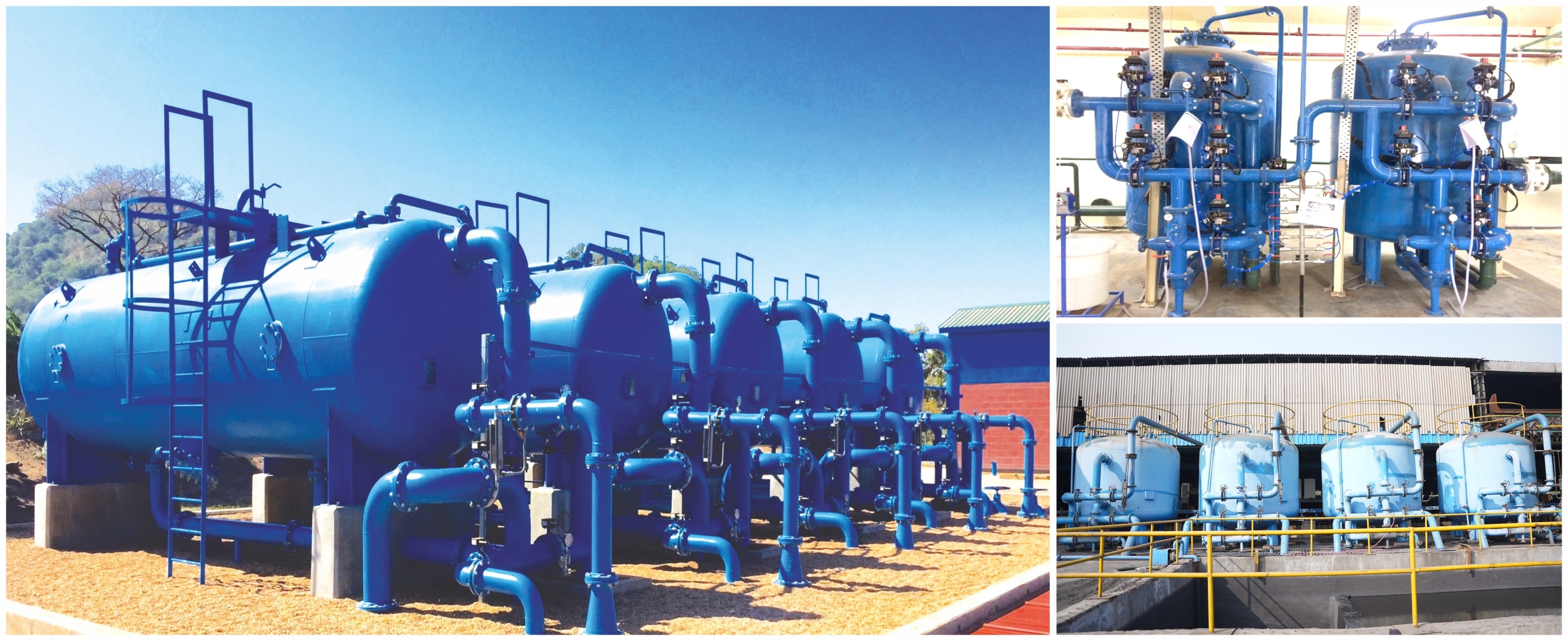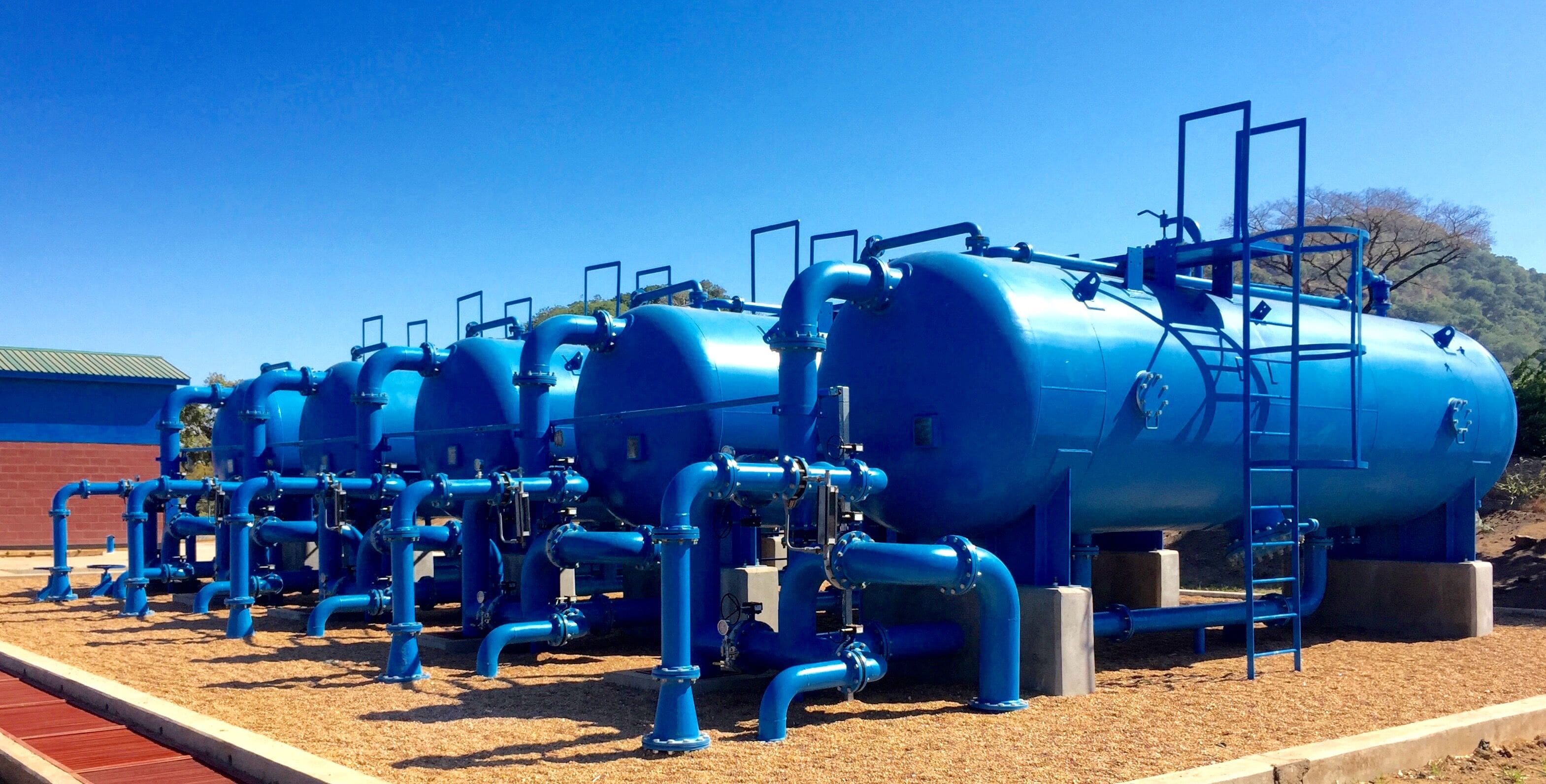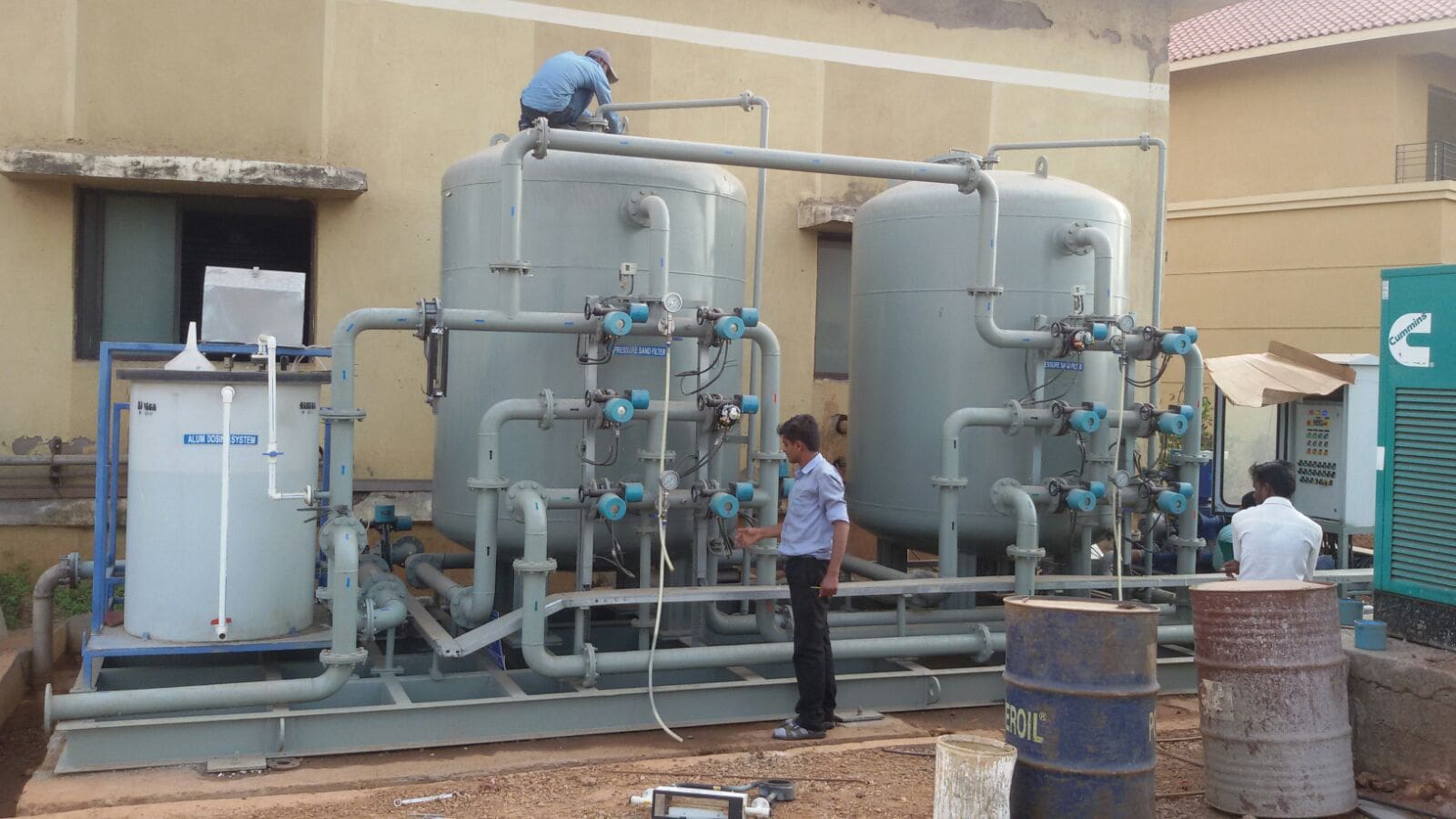Frequently Asked Question
The main purpose of a water filtration plant is to remove impurities and contaminants from water so that it is safe for consumption, industrial use, or other applications. This can include removing particles, bacteria, viruses, and other contaminants from the water.
Water filtration plants use a variety of methods to remove impurities and contaminants from water. These methods can include physical filtration, such as through sand or gravel filters, chemical filtration, such as through the addition of chlorine or other chemicals, and biological filtration, such as through the use of microorganisms. The specific method or combination of methods used will depend on the source of the water and the type of contaminants present.
There are several different types of water filtration plants, including surface water treatment plants, groundwater treatment plants, and seawater desalination plants. They also can be categorised based on the process used, like mechanical filtration, adsorption, ion exchange, and reverse osmosis.
The by-products of a water filtration plant are usually a combination of clean water and waste products. The clean water can be used for drinking, irrigation or other purposes, while the waste products may be in the form of sludge or chemical waste, which need to be properly managed and disposed.
The advantages of a water filtration plant include improved water quality, increased water supply, reduced waterborne diseases, and reduced environmental impact of water pollution.
Regular monitoring and testing of the water quality can help to ensure that the water filtration plant is working properly. Parameters like turbidity, pH, and presence of specific contaminants can be tested to ensure the water is within the desired range.
The cost of installing and maintaining a water filtration plant will depend on many factors, such as the size of the plant, the type of treatment process used, and the location of the plant. On average, costs can range from hundreds of thousands of dollars to millions of dollars, depending on the complexity of the plant and the capacity.


